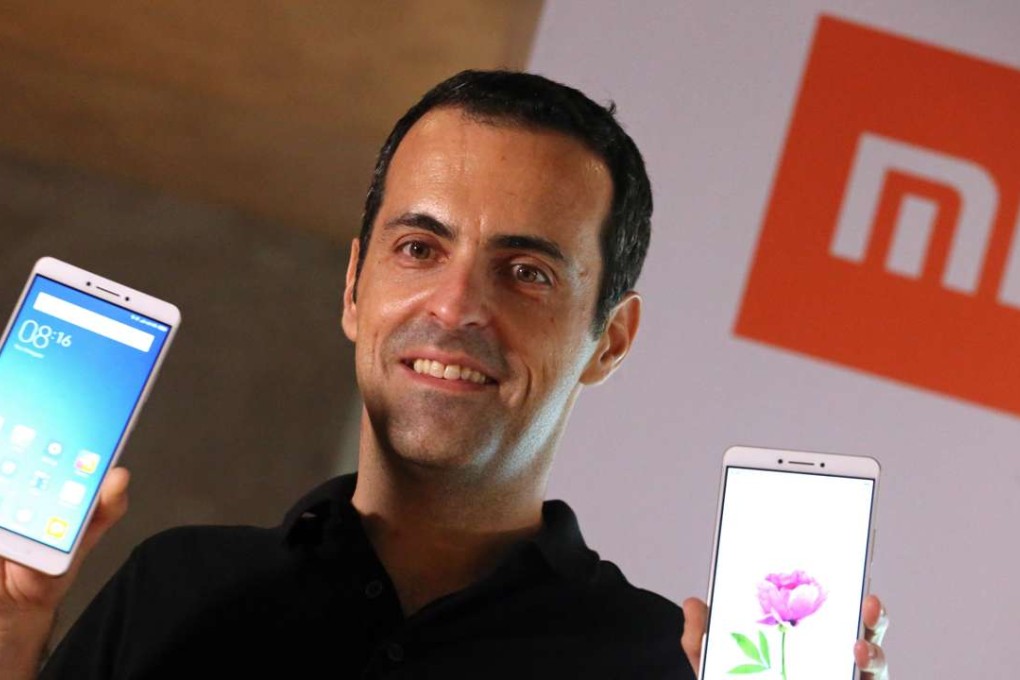Update | Hugo Barra resigns from Xiaomi, says he’s returning to Silicon Valley

Xiaomi’s vice president of international Hugo Barra on Monday announced that he has resigned from the company, citing health reasons as the company continues to battle its declining market share in the Chinese smartphone market.
Barra, who left Google for Xiaomi in a high-profile move in 2013, had been the face of the Chinese smartphone maker’s global operations and played a major role in helping the company to enter the Indian smartphone market. Barra will be succeeded by Xiaomi senior vice president Wang Xiang, according to Lin Bin, the company’s co-founder and president.
Under Barra’s charge, Xiaomi entered Southeast Asian markets such as Singapore, Malaysia and Indonesia, as well as markets such as India and Poland.
Earlier this month, Xiaomi said that it had exceeded US$1 billion in revenue from the Indian market in 2016, after just two years of operations. According to data by IDC, Xiaomi is the third largest player in the Indian market with a market share of 10.7 per cent, trailing Samsung and Lenovo in the No. 2 spot.
But back home, the company is struggling to regain its foothold of the smartphone market.
Once the darling of the Chinese smartphone industry, Xiaomi was valued at US$45 billion at its peak in 2014 and received US$1.1 billion in funding that year from investors, after it narrowly beat Samsung as the top smartphone vendor in China with a more than 12 per cent market share.
Since then, Xiaomi’s market share in the third quarter of 2016 has fallen to 8.7 per cent, a 42 per cent decline from 2015, according to data from IDC Asia-Pacific. Oppo led the market with a 17.5 per cent market share, and Vivo came in second with a 16.7 per cent share of the market.